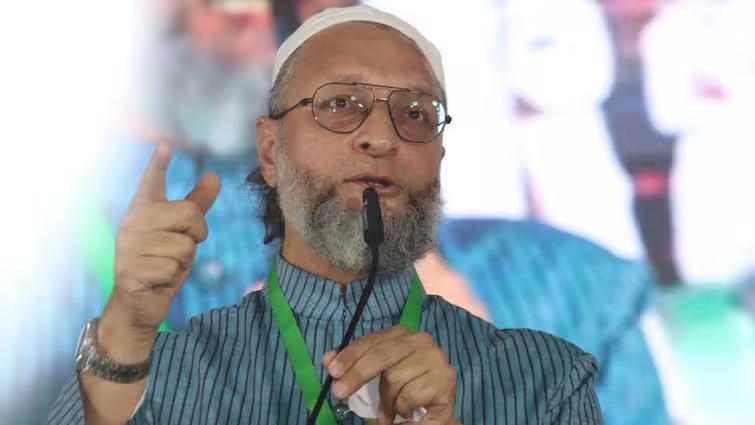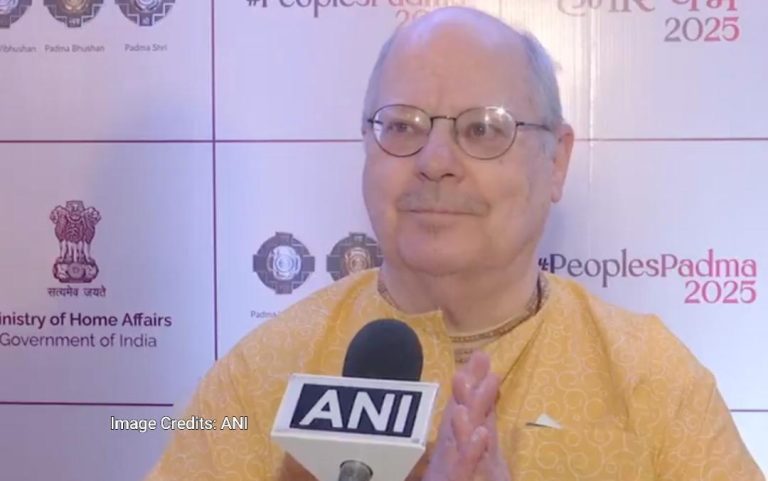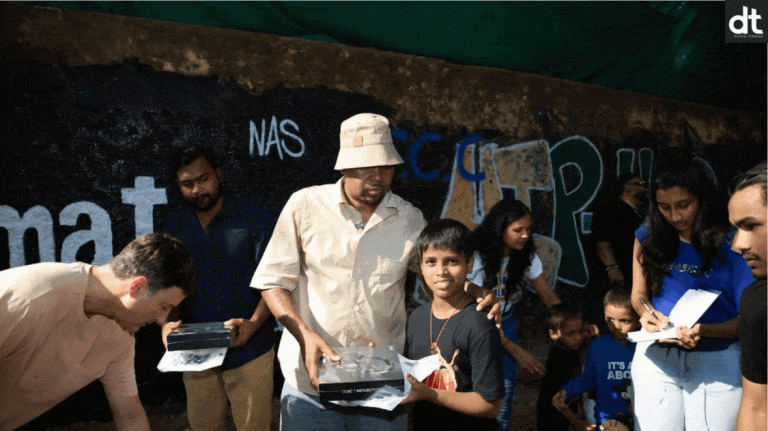
Pak acted like ISIS, India won’t sit quietly: Owaisi on J&K attack
The recent Pahalgam terror attack in Jammu and Kashmir, which resulted in the loss of 26 precious lives, has sent shockwaves across the nation. The attack, which is believed to have been carried out by Pakistan-based terrorists, has been widely condemned by people from all walks of life. In the aftermath of the attack, AIMIM chief Asaduddin Owaisi has made some bold statements, saying that Pakistan acted like the terrorist organization ISIS and that India will not sit quietly after such brutal killings.
Owaisi made these remarks while speaking to the media, where he also emphasized that Pakistan’s budget is not even equal to India’s military budget. His comments have sparked a heated debate, with many interpreting them as a warning to Pakistan that India will not tolerate such attacks on its soil.
The Pahalgam attack was a chilling reminder of the fragile security situation in Jammu and Kashmir. The attack, which took place on April 22, saw a group of terrorists storm a bus carrying Hindu pilgrims to Amarnath, opening fire and killing 26 people. The attack was widely condemned by political leaders, civil society groups, and religious organizations.
Owaisi’s remarks have been seen as a strong response to Pakistan’s continued involvement in terrorist activities in India. Pakistan has a history of supporting terrorist organizations, including the Lashkar-e-Taiba and Jaish-e-Mohammed, which have been responsible for numerous attacks on Indian soil. The country’s failure to take concrete action against these organizations has led to increased tensions between India and Pakistan.
The AIMIM chief’s statement is significant because it reflects the growing frustration and anger among Indians over Pakistan’s policy of supporting terrorism. For years, India has been calling on Pakistan to take action against terrorist organizations operating from its soil, but Pakistan has consistently refused to do so.
Owaisi’s remarks are also significant because they highlight the double standards that Pakistan has been following. While Pakistan has been quick to condemn attacks on its own soil, it has been slow to condemn attacks on Indian soil. This has led to a perception that Pakistan is more interested in supporting terrorism than in addressing the root causes of terrorism.
The Pahalgam attack is also a reminder of the need for India to strengthen its security measures in Jammu and Kashmir. The attack was carried out by terrorists who were able to cross the Line of Control (LoC) and enter Indian territory with ease. This highlights the need for India to strengthen its border security and to work with Pakistan to prevent such attacks in the future.
Owaisi’s remarks have also sparked a debate about the role of Pakistan in promoting terrorism in India. Many experts have argued that Pakistan’s policy of supporting terrorism is a major threat to regional security and stability. They argue that Pakistan’s failure to take concrete action against terrorist organizations operating from its soil has led to increased tensions between India and Pakistan.
The Pahalgam attack is also a reminder of the need for India to work with other countries to address the challenge of terrorism. India has been working closely with other countries, including the United States, to address the challenge of terrorism. The country has also been working to strengthen its own security measures, including its intelligence agencies and its military.
In conclusion, Owaisi’s remarks are significant because they reflect the growing frustration and anger among Indians over Pakistan’s policy of supporting terrorism. The Pahalgam attack is a chilling reminder of the fragile security situation in Jammu and Kashmir, and it highlights the need for India to strengthen its security measures and to work with other countries to address the challenge of terrorism.
As the situation in Jammu and Kashmir continues to unfold, it is clear that India will not sit quietly after such brutal killings. The country will continue to work to strengthen its security measures and to hold Pakistan accountable for its role in promoting terrorism.






